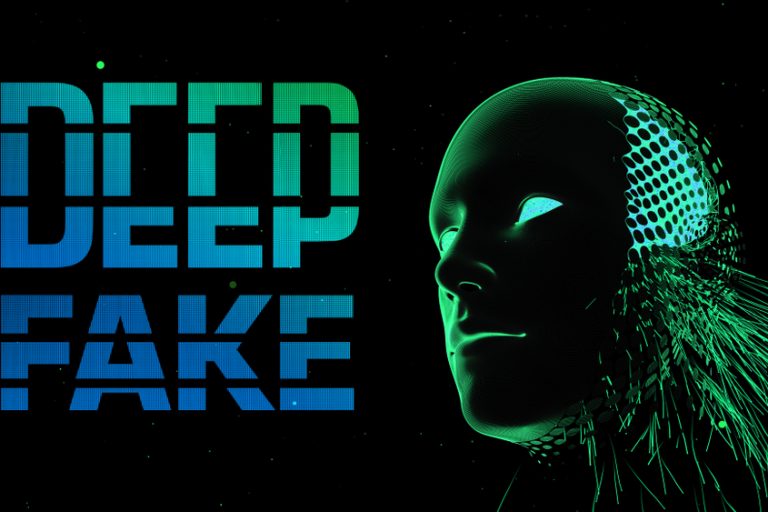My Three Cents

Makovsky
Tuesday, September 29, 2015Who are you? Describe yourself to me.
Tell me about your current job and your key achievements.
What makes you stand out among your peers?
Where do you see yourself in five years?
Why would you want to work here?
…And the list goes on.
These are all valid questions…but how effectively do they deliver insights that go beyond the standard details of a candidate’s resume?
One great resource available to virtually all of us in this regard is Adam Bryant’s column, “Corner Office,” a feature which appears every Sunday in The New York Times. Bryant interviews CEOs and always asks them to talk about their favorite interview questions. I’ve reviewed Bryant’s columns over the past few years and collected those questions I feel are the most effective at eliciting helpful insights, particularly for senior-level jobs.
My #1 question for recruits is always: “What would you like to talk about?” The answer gives me an insight into a candidate’s thought processes and priorities, enabling me to identify those individuals who are naturally curious, have good business minds and want to win.
Here are a few more examples of productive questions:
- What do you love about going to work every day…and what do you hate?
- What matters most to you?
- Describe your dream job. How will you make that happen?
- I want to understand how you think about managing people, in general, and about managing those who are struggling. How would you bring out their best?
- How do you want to be managed?
- Where are you in terms of your professional goals? How would joining our team help you achieve something important to you professionally and maybe even personally?
- What are the values most important to you? How have you demonstrated your commitment to those values over the past few years?
- Show me how you conceived of a plan in the past and accomplished it.
- Can you describe a decision that you made or a situation that you were involved in that was a failure—and how did you resolve it?
- If you could do anything you want—and money weren’t an object—what would you be doing? What’s keeping you from doing that now?
One of my favorite questions may be one of the most common, but it’s one that yields important insights: “What are your strengths and weaknesses?” It sounds simple, but it’s not. I ask the candidate to categorize the strength-weakness question in two parts: the first applies to their personality traits (listing strengths and weaknesses with regard to the candidate’s personality and how this impacts working with others); and the second applies to their professional skill sets. I ask them to briefly address each trait, so everything’s on the table.
Few people do this well. Most get stuck on a particular trait and wax eloquent for far too long. Most have to be prodded to move forward. Thus, they lose momentum, because the more strengths they give me the better they sell themselves. When it comes to weaknesses, few answer the question well; they usually dish out a so-called weakness like: “I work too hard,” or “I’m impatient for success.”
I usually stop them and say, “C’mon, let’s be honest. We all have weaknesses. Make yours real.”
The person I respect is one who really tells the truth (such as, “I need to work on my presentation skills” or “I’m not as efficient as I’d like to be”). That person is far more likely to get the job in my camp. My ideal candidate identifies strengths and weaknesses in each category, spending a minute or two on each one but moving through them swiftly.
Take notes on what people say so that you can build comparative records. The aim is to develop a talent pool that culturally fits and drives the business to meet its targets. Understanding what makes people tick and their enthusiasm for what they are doing is the best way to achieve that.
There are many more such questions in “Corner Office”—this is just a sampling—but all are worth considering, if you’re interested in learning more about your prospects by giving them a chance to speak to details beyond those on their resumes.











